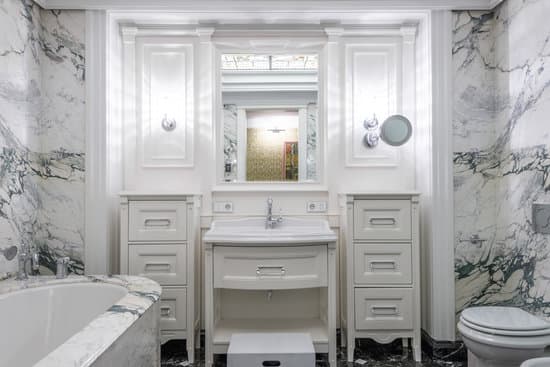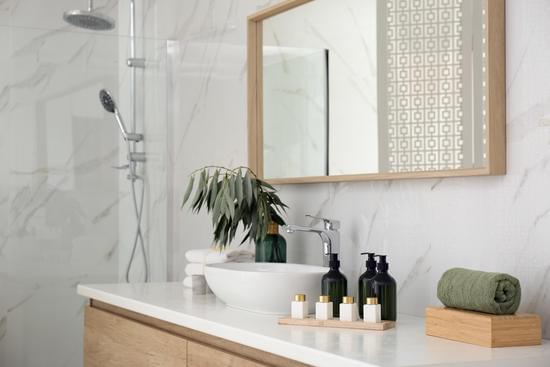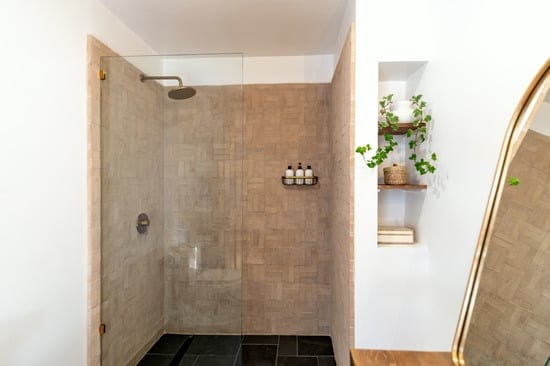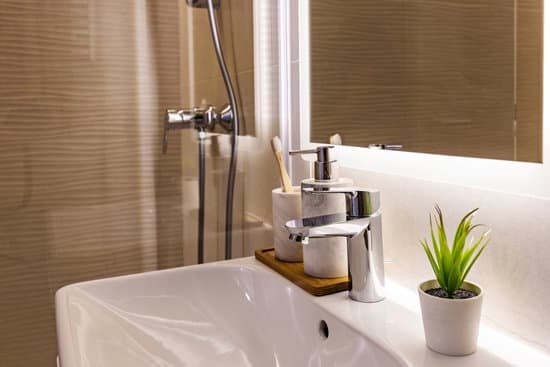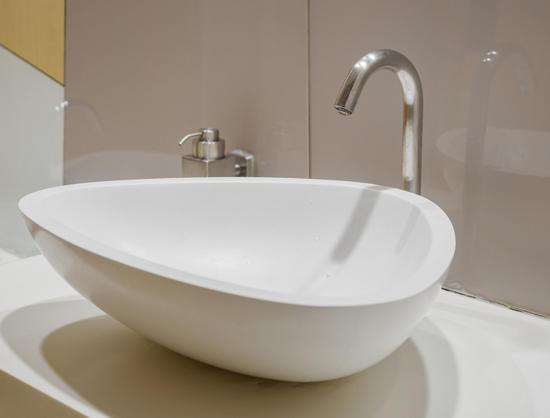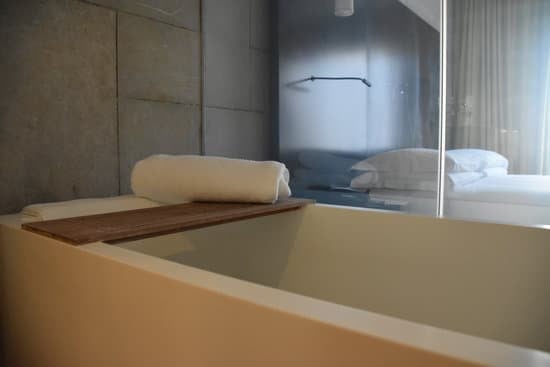Are you considering adding a bathroom to your house? Before diving into the project, it’s important to understand the potential costs involved. In this article, we will guide you through the process of determining the scope of your project, estimating material and labor expenses, as well as considering additional costs. By providing you with a total cost breakdown, we aim to help you make informed decisions while ensuring your safety throughout the entire bathroom addition journey.
Determining the Scope of Your Project
Determining the scope of your project means figuring out how much you want to add to your house. When it comes to adding a bathroom, there are a few key factors to consider. First, think about the layout options that best fit your needs and space. Do you want a full bath with a tub and shower or just a half bath? Next, consider plumbing and electrical considerations. You’ll need to determine if your existing systems can handle the additional load or if upgrades are necessary. Safety should be a priority, so make sure all installations meet building codes and regulations. Hiring professional contractors can ensure that everything is done correctly and up to standard, giving you peace of mind throughout the process.
Estimating Material Costs
Estimating the material costs for adding a new bathroom to your home can be quite challenging. When it comes to choosing bathroom fixtures, safety should always be a top priority. Look for fixtures that are durable and resistant to water damage, such as ceramic or porcelain sinks and toilets. These materials are not only long-lasting but also easy to clean and maintain.
Comparing different flooring options is another important step in estimating material costs. Safety should once again be considered when selecting the right flooring for your new bathroom. Opt for slip-resistant tiles or vinyl flooring that provides good traction, especially in wet areas like the shower or bathtub.
Remember, investing in high-quality fixtures and flooring will not only ensure the safety of your family but also increase the value of your home in the long run. So take your time when making these decisions and choose wisely!
Calculating Labor Expenses
When calculating labor expenses, it’s important to consider the specific tasks and skills required for each aspect of the bathroom renovation. Hiring professionals can ensure that the job is done correctly and safely. Plumbers, electricians, and carpenters all play a vital role in creating a functional and safe bathroom space. They have the experience and knowledge to handle complex installations and make sure everything meets building codes. While hiring professionals may be more expensive upfront, it can save you money in the long run by avoiding costly mistakes or repairs. However, if you’re confident in your DIY skills, there are also DIY options available for some aspects of the renovation. Just remember to prioritize safety and consult with professionals when needed to ensure a successful bathroom addition project.
Considering Additional Expenses
It’s important to factor in any extra costs that may arise during the bathroom renovation project. Renovations can often come with hidden costs that can quickly add up, so it’s crucial to be prepared. Here are some additional expenses you should consider:
- Unexpected repairs: During the renovation process, there may be unforeseen issues such as plumbing or electrical problems that need fixing.
- Permits and inspections: Depending on your location, you may need permits for certain renovations. Additionally, inspections might be required to ensure everything is up to code.
- Structural changes: If you plan on making any structural changes to accommodate the new bathroom, such as moving walls or adding support beams, it will incur additional costs.
- Upgrades and fixtures: Choosing high-quality fixtures and materials can increase the overall cost of the project.
- Clean-up and disposal: Don’t forget about the cost of removing debris and disposing of waste properly.
Considering these factors will help you budget more accurately for your bathroom addition while ensuring a safe and successful renovation.
Total Cost Breakdown
To accurately budget for your bathroom renovation, it’s important to break down the total cost of the project. When considering adding a bathroom to your house, there are a few hidden costs that you need to keep in mind. These can include permits, plumbing and electrical work, as well as any necessary structural changes. It’s always a good idea to hire professionals for these tasks to ensure safety and compliance with building codes.
Financing options are also something you should consider when planning your bathroom addition. Depending on your financial situation, you may choose to pay for the project upfront or explore financing options such as personal loans or home equity lines of credit. It’s important to carefully research and compare interest rates and repayment terms before making a decision.
By taking into account these hidden costs and exploring financing options, you can better plan for the total cost of adding a bathroom to your house while ensuring safety throughout the process.
Conclusion
In conclusion, adding a bathroom to your house can be a significant investment. It is essential to carefully consider the scope of the project, estimate material and labor costs, and account for any additional expenses that may arise. By doing so, you can have a clearer understanding of the total cost breakdown and make informed decisions about your budget. Remember to consult with professionals and conduct thorough research before embarking on this renovation journey.

